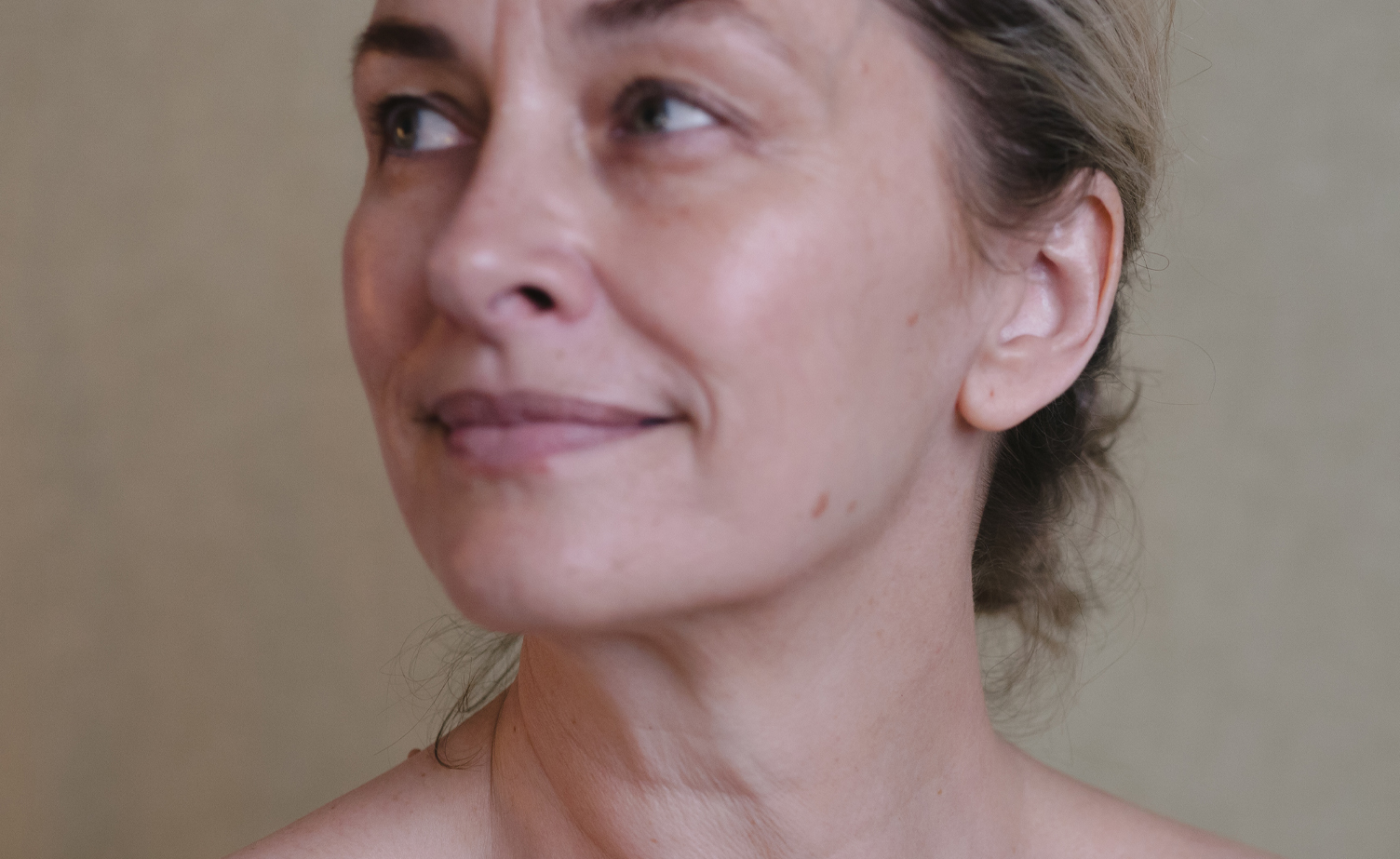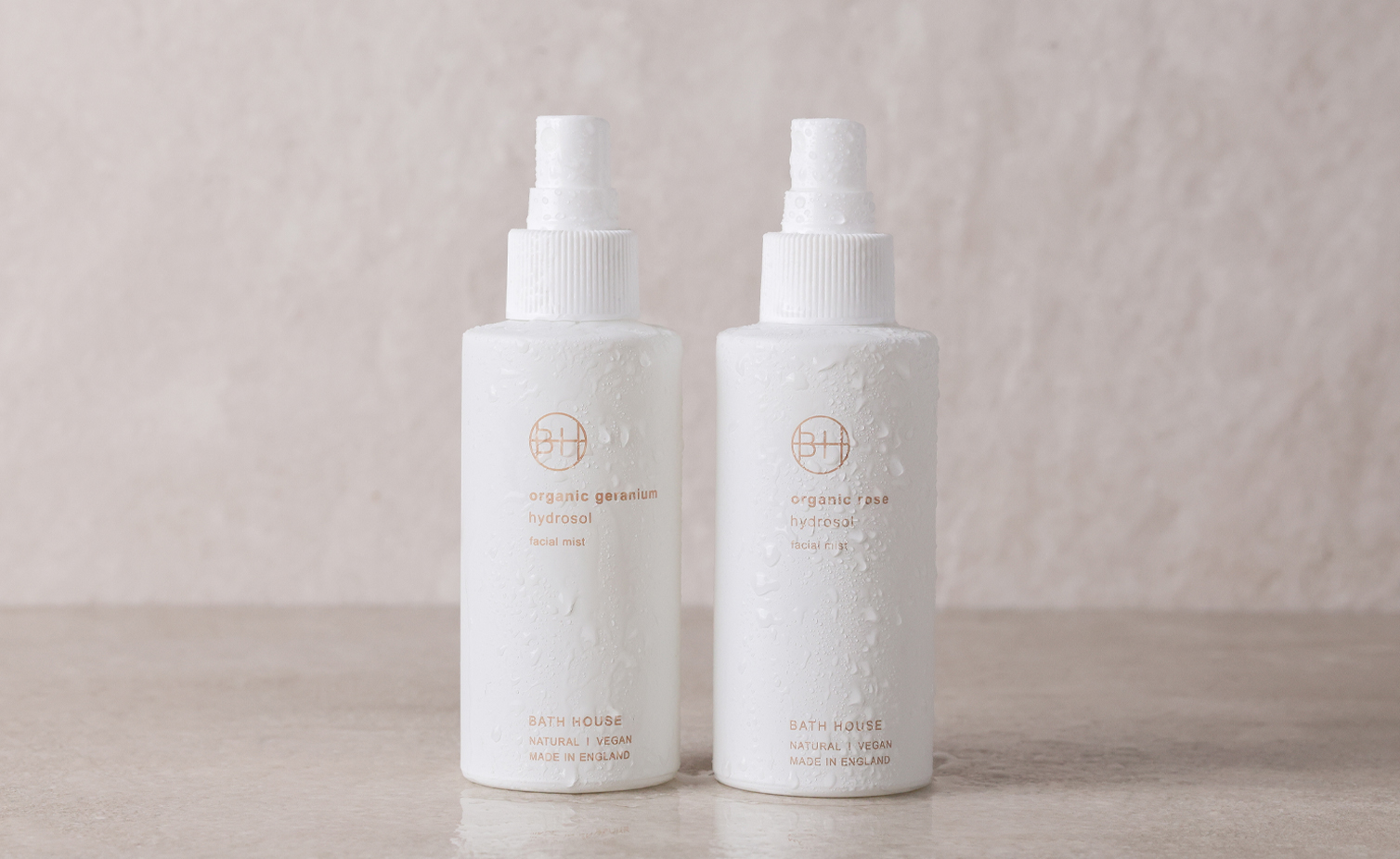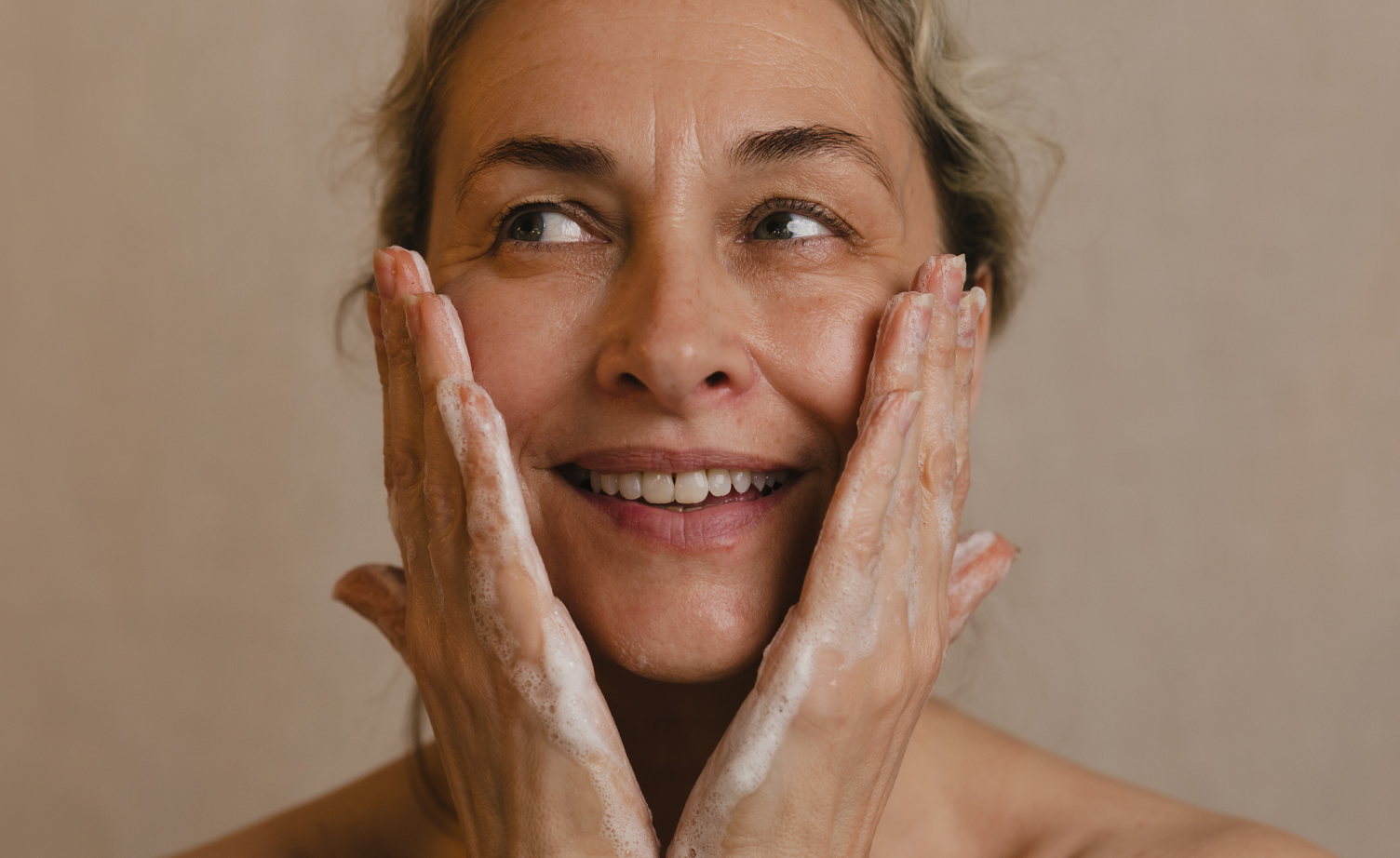The historic rituals and continuing daily pleasure of perfume.
Why do we wear fragrance or scent our homes? It goes far beyond the need to smell fresh or clean – simply showering daily or washing our hands in soap meets that need. When we reach for a particular perfume to wear that day, light a candle, or place a scent diffuser in a room, we’re tapping into a psychologically revealing and ritualistic way of communicating that stretches back to the beginning of history…
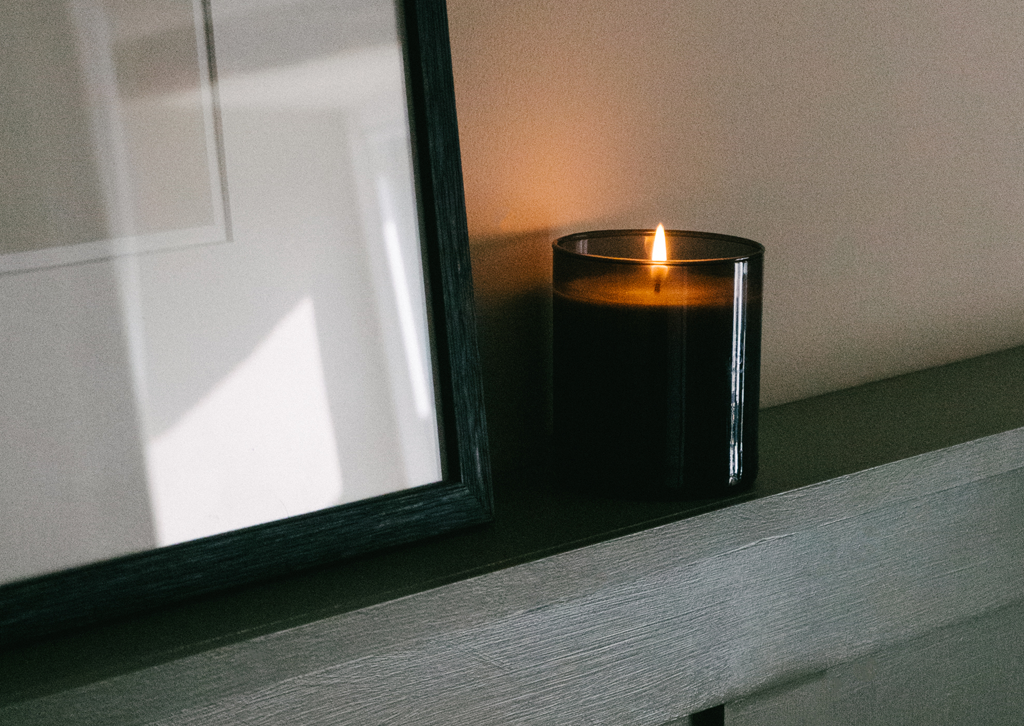
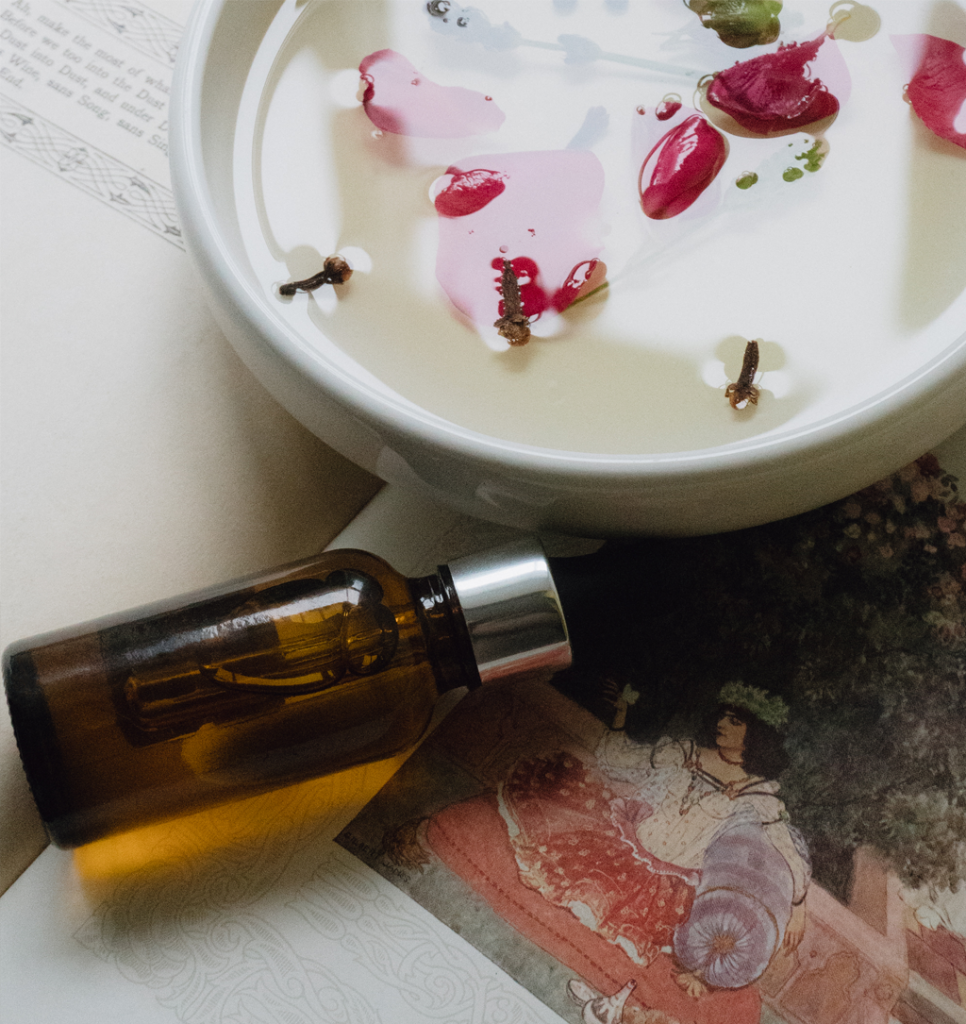
As the smoke rose skywards, it was believed these scented offerings conveyed messages and appeased the gods. Archaeologists have uncovered earthen pots containing scented unguents their bodies were embalmed in, scientific tests revealing a little bottle of perfume in Tutankhamun’s tomb contained coconut oil and frankincense. At Edfu, there’s even a still-intact room dedicated to fragrance, with recipes for ointments, perfumes and fragrant potions depicted in hieroglyphics on the wall. These perfumes were no mere afterthought, but literally a balm for the soul, ensuring a safe progression to the afterlife.
The world’s first recorded perfumer was a woman named Tapputi, whose existence we know about from a 1200BC cuneiform tablet found in Babylonian Mesopotamia (now known as Iraq). She’s described as a chemist and fragrance maker for the royal court, whose professional title was ‘Belatikallim’, a high-ranking political role that included overseeing the entire Mesopotamian palace.
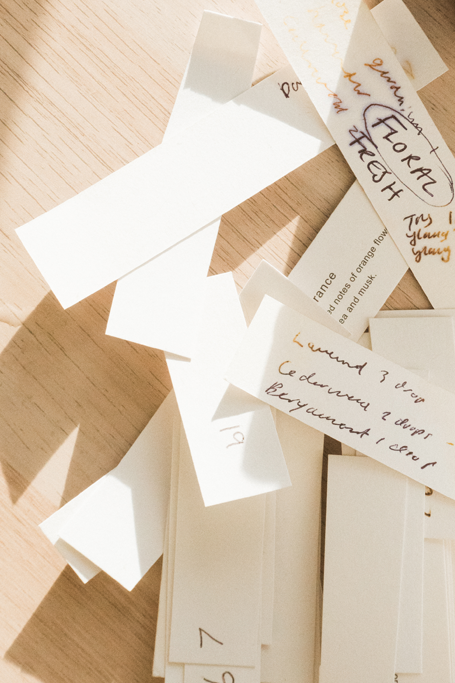
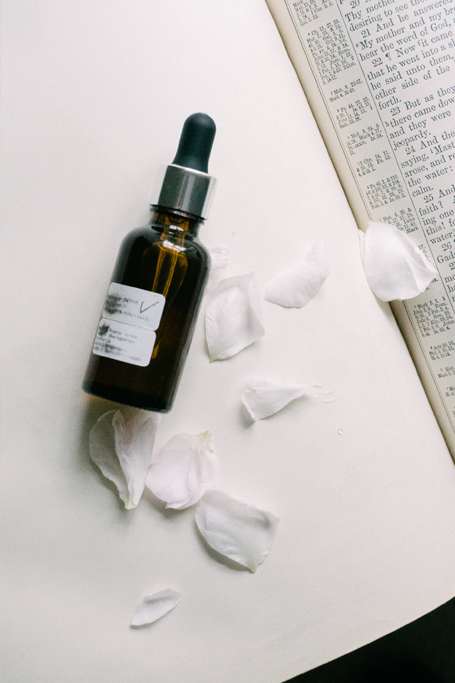
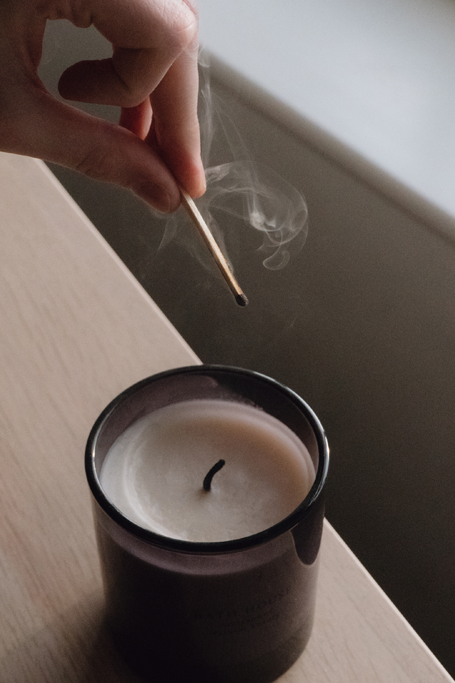
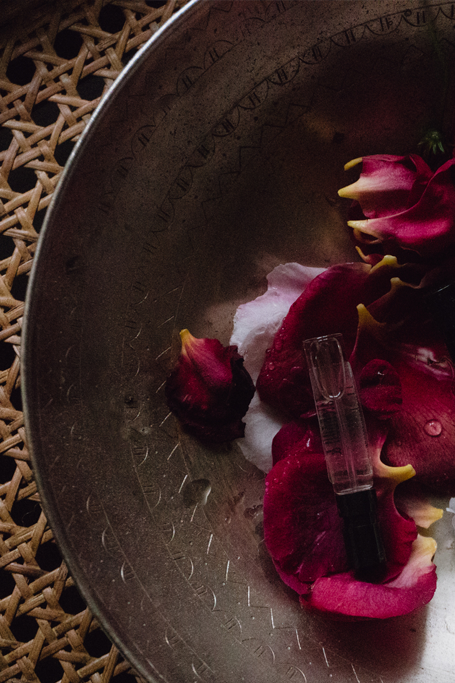
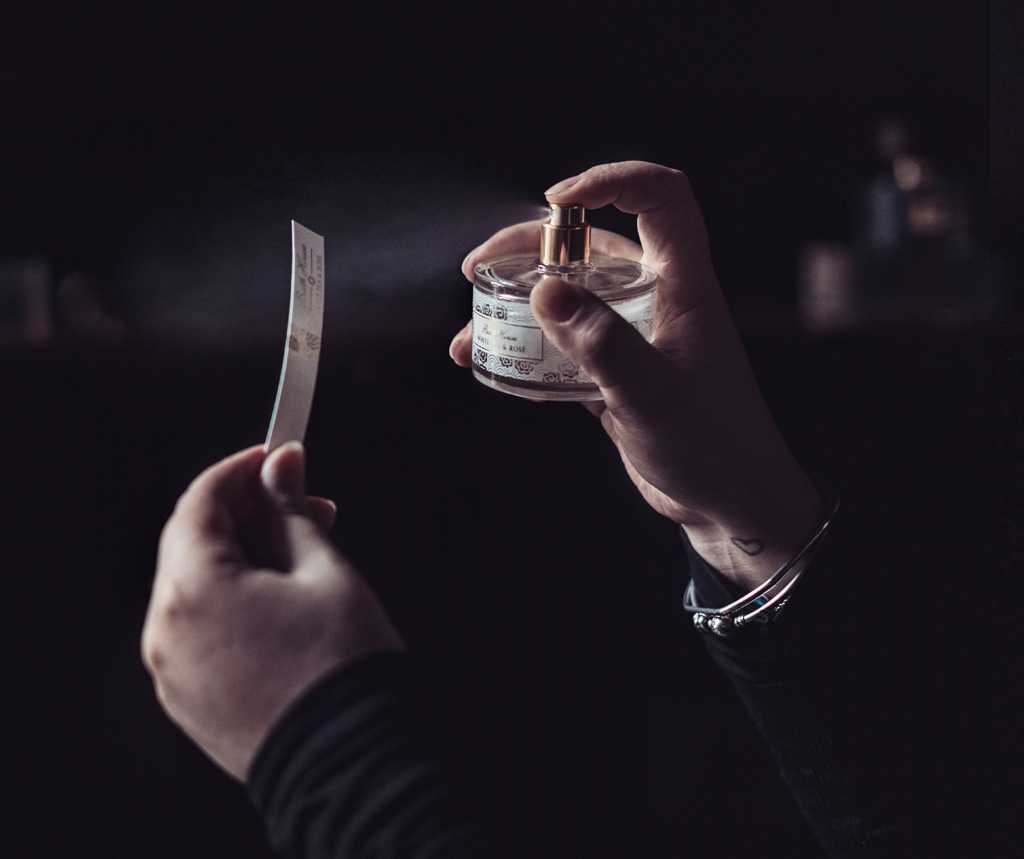
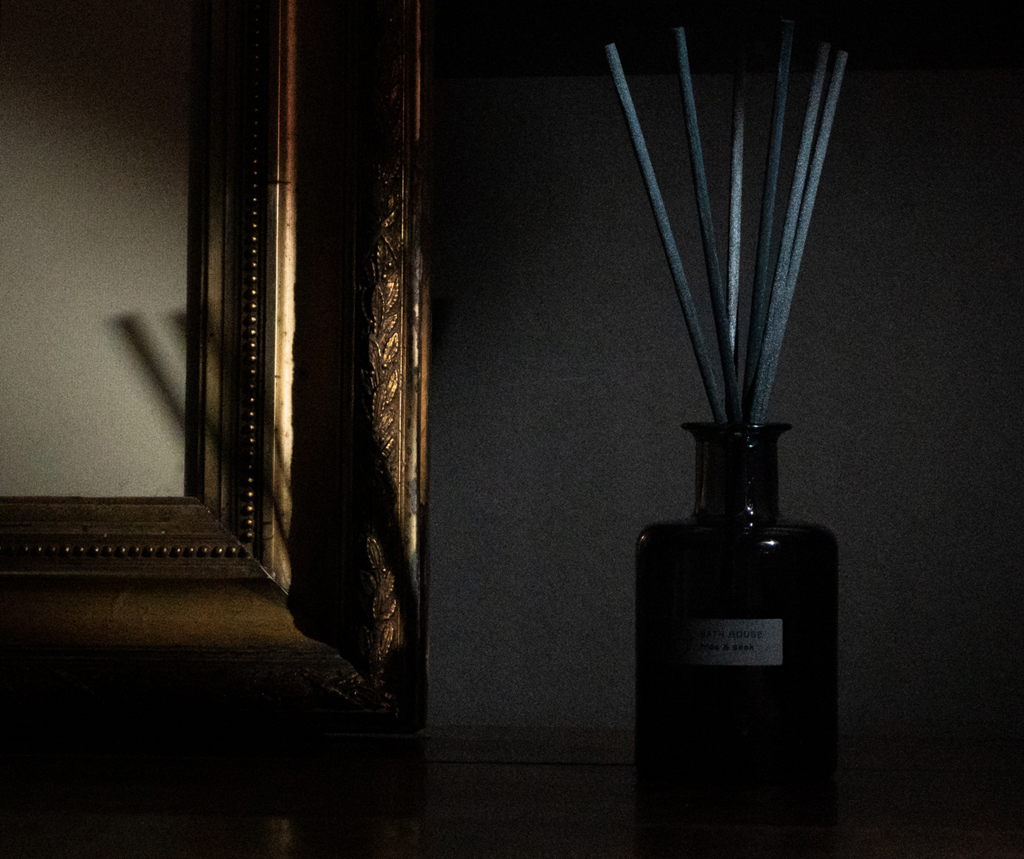
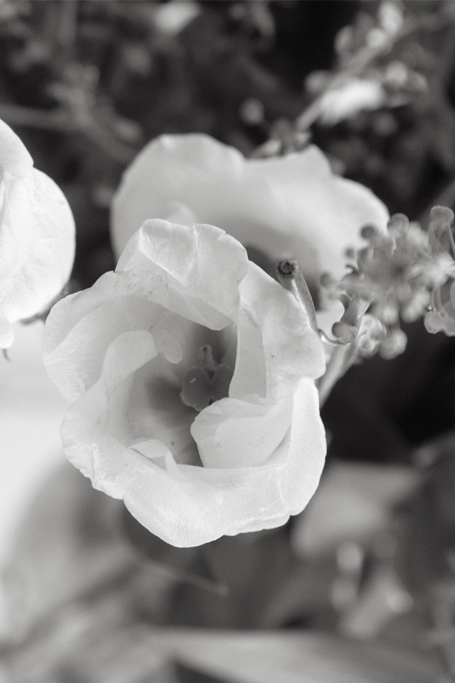
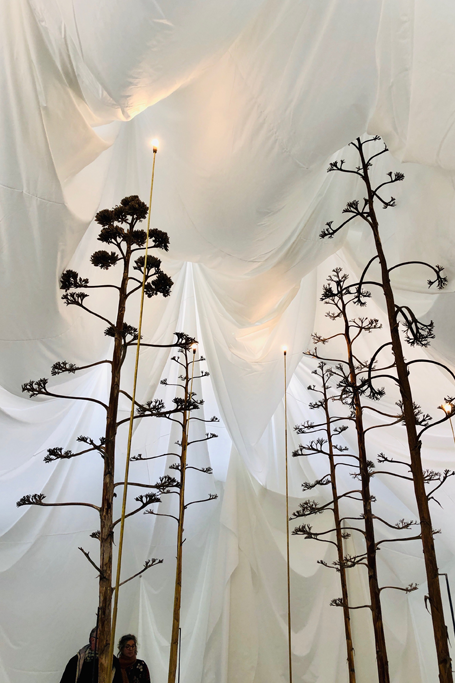
How to incorporate fragrant rituals into your everyday life:
– Take a few seconds to properly inhale the scented hand cream / bath oil / body lotion you’re using. Breathe in and out slowly several times. This grounds you in the moment, improves your sense of smell long-term and can become a little daily pleasure, just for you.
– Don’t be afraid to swap candles / room diffusers to suit your mood or time of day. Fresh, citrusy uplifting scents can revive flagging spirits around 4pm when energy levels need a serious boost.
– Consider lighting a cosier-smelling candle in the evening, something rich and woody that makes you feel like snuggling up, even in the warmer months. Done daily, this helps re-set your mind to ‘down time’ mode.
– When smelling a new fragrance for the first time, don’t focus on the notes (that’s like viewing an art exhibition by only noticing the colours of paint the artist used), but how it makes you feel. Ask yourself – What texture does this perfume remind you of (velvet, crisp cotton, or soft suede?) or where in the world do you imagine yourself wearing it? Picture the scene. Jot down a few words to describe it – whatever comes to mind!
This is how perfumers train their noses. Connecting with fragrance at a deeper, emotional level can be utterly life-transforming and fascinatingly revealing…
Shop Home Fragrance and Fragrances, created by Bath House.


